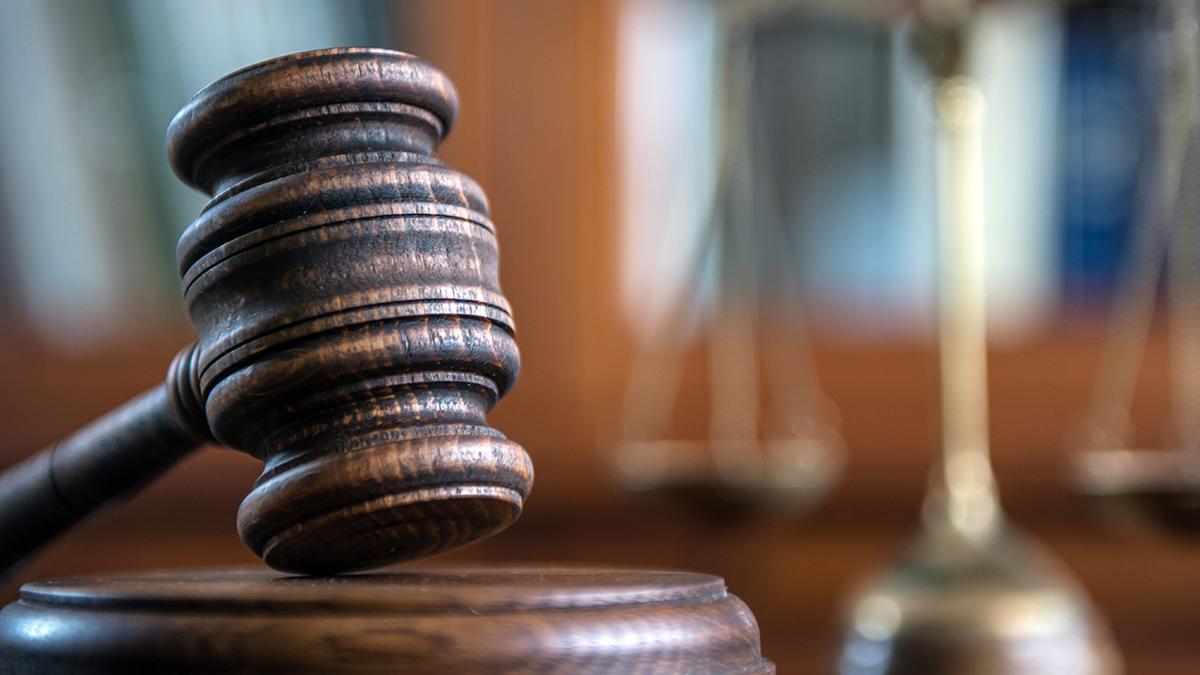
Advocates can take action against litigants who harass them over court queries, says Madras High Court
The Hindu
Observing that questions posed by the court during the course of the hearing of a case could not be considered as orders passed by it, the Madras High Court has made it clear that advocates can take appropriate action against litigants who harass them for such queries posed by the court.
Observing that questions posed by the court during the course of the hearing of a case could not be considered as orders passed by it, the Madras High Court has made it clear that advocates can take appropriate action against litigants who harass them for such queries posed by the court.
Chief Justice S.V. Gangapurwala and Justice P.D. Audikesavalu made the observation when an advocate filed a memo stating he was not inclined to conduct any more, a public interest litigation (PIL) petition, filed by a final-year law student of a deemed university, since he was being harassed by the litigant.
The law student had filed the PIL petition seeking a direction to the State government to set up old age homes in every district, to house a minimum of 150 indigent senior citizens in every home, as required under Section 19 of the Maintenance and Welfare of Parents and Senior Citizens Act, 2007.
When the case was listed for admission on July 24, the first Division Bench wanted to know whether not even a single old age home had been established by the State government. The petitioner’s counsel replied that no such home had been established by the State government so far.
The judges recorded his statement and passed an interim order stating they would impose heavy costs of ₹50,000 on the petitioner if the statement was found to be incorrect. They also directed State Government Pleader P. Muthukumar to take notice, returnable in a week.
Accordingly, when the case was listed for the second time on Monday, July 31, 2023, the petitioner’s counsel filed a detailed memo listing out the events that transpired after the interim order passed by the court on July 24, and said he was not inclined to conduct the case any more because of the harassment.
The judges permitted him to withdraw from the case and also observed that he would be entitled to take appropriate action against the petitioner. Since the petitioner, who was present in court, sought time to engage another lawyer, the Bench adjourned his case to September 26.











